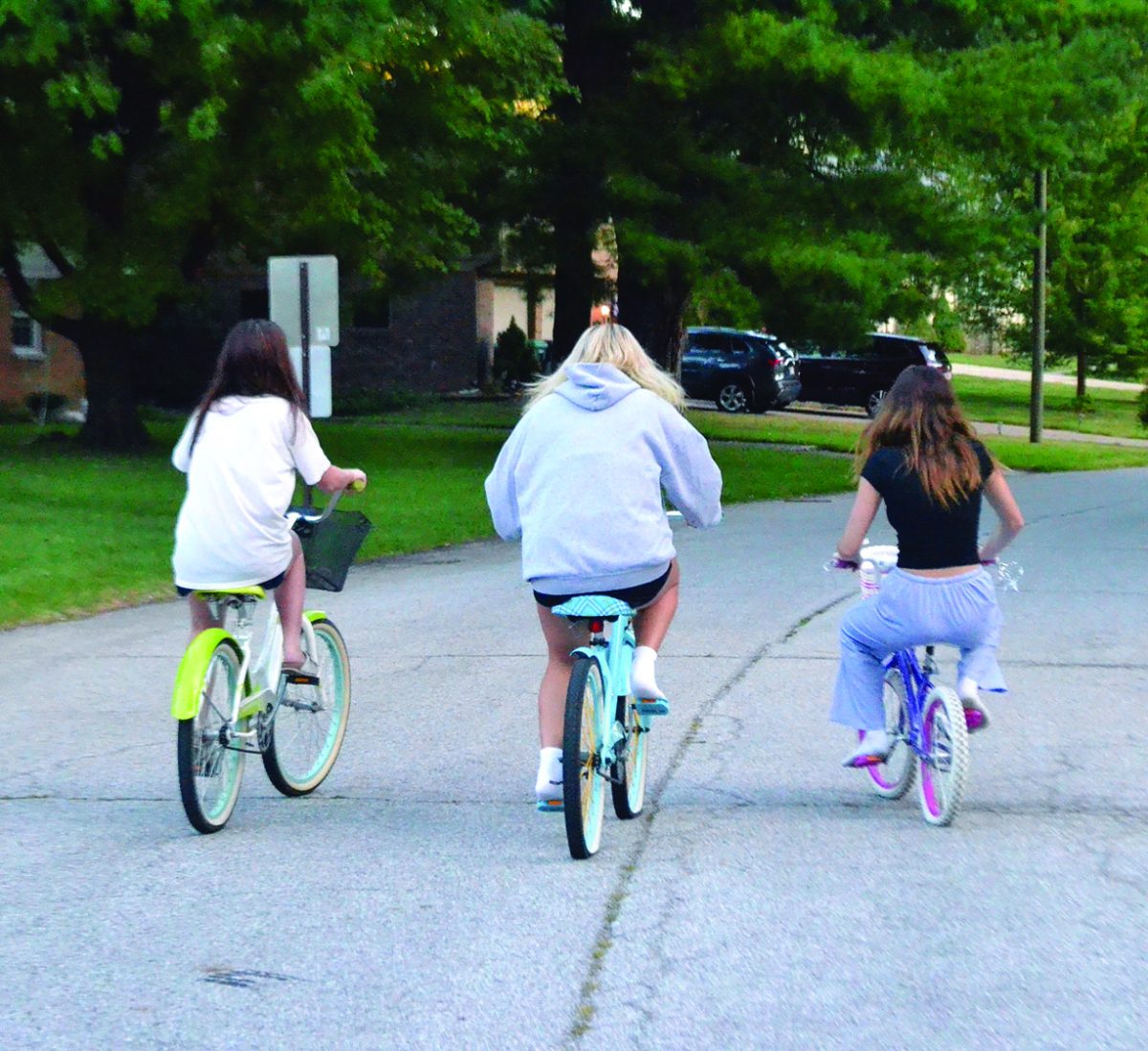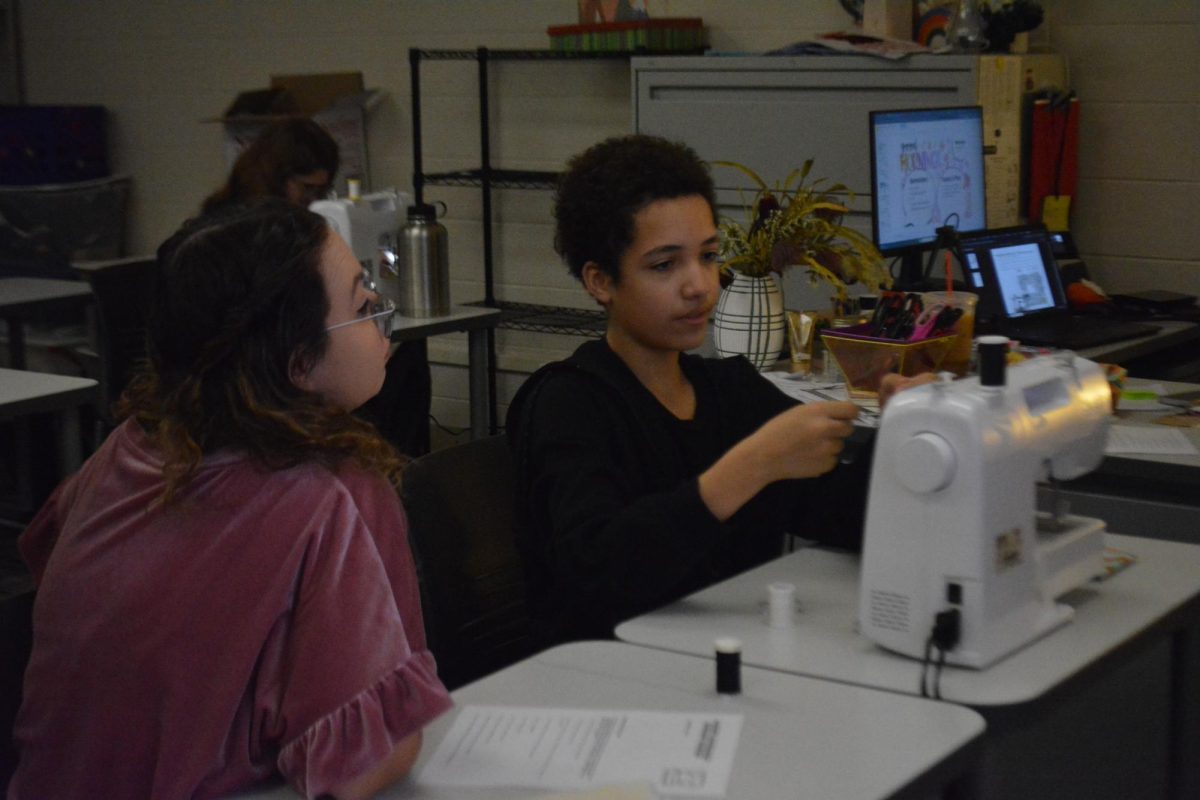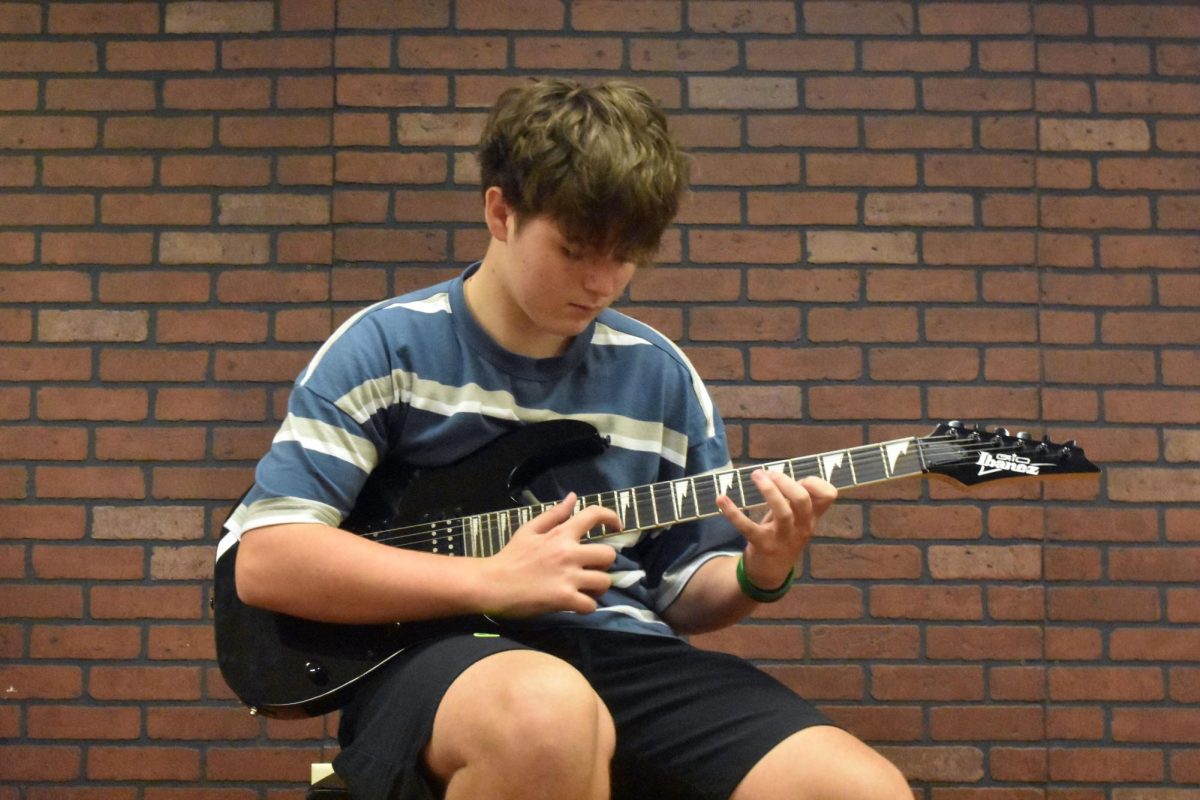It’s 3:00 in the morning, you know you’re looking at 3 hours of sleep at best. You intended to fall asleep hours ago but you spent the night tossing and turning. Your mind is on everything you’re stressed about, school, work, sports, etc.
Sleep deprivation can affect your mental health.
“Even for students without depression or anxiety, those things can manifest when they don’t get enough sleep for a prolonged time,” Mr. Ben Sutton, guidance counselor, said.
Knowing what healthy sleep is can benefit students in many ways.
“Sleep is underprioritized, and a lot of teenagers don’t understand the significance of it, and its large impact on emotional and mental health issues. There are plenty of studies out there that suggest that students who get good sleep perform better academically, mentally, and even socially.” Mr. Sutton said.
Losing sleep can cause a weakened immune system, which can lead to sickness.
“As far as the impact on physical health, it can weaken your immune system due to disrupting cellular respiration. Long term effects include heart disease, and it can even be a cause of cancer,” Mrs. Melissa Burger, biology teacher, said.
Students often prioritize games, social media, homework and other activities over sleep. They often drink too much caffeine, too.
“A thing I see a lot is students being overly-reliant on caffeine. People with a caffeine dependence can have an increased heart rate, a lack of focus, and it can even affect their appetite,” Mrs. Burger said.
Students who do not prioritize sleep tend to do worse in the classroom as well as function slower than most.
“Students who don’t get enough sleep are negatively affected in the classroom. They are usually unfocused and can become irritable. Even simple instructions become difficult for them. They struggle, especially on quizzes and assessments,” Mrs. Burger said.
A healthy sleep cycle has four stages and people have to be asleep for a specific amount of time to experience all stages several times and get healthy sleep.
“Teenagers need a lot of sleep, and the only age group that needs more sleep is newborns. Teenagers go through four stages of sleep in a sleep cycle. Switching from fast to slow brain waves, Stage 4 is the only sleep stage where your pituitary gland releases human growth hormone. When you’re growing, you need that HGH, but by the time you’re in high school, you have so many activities that you start to cut back on vital sleep. What will happen is when you’re not getting enough sleep, your brain will want to slam you into that Stage 4 deep sleep all the time. You’re dragging, you’re fatigued, your growth can be stunted. It’s just not healthy.” Mrs. Sandy James, psychology teacher, said.
Basically, sleep deprivation disrupts the electrical fields in people’s brains. It can have similar side effects of being drunk.
“Teenagers should be getting 8-10 hours a night, and most don’t get this much. It affects your emotions, your motor skills. It slows all the electrical activity in the brain, and it totally messes up your memory. A lot of students lose sleep over insomnia from stress. If you’ve got a major assessment or finals, make sure you’re getting enough sleep days prior,” Mrs. James said.
A useful alternative to tossing and turning all night is sleep mindfulness.
“If you can’t go to sleep, don’t toss and turn. If you can’t fall asleep in 15-20 minutes, get up and do something boring, like read a textbook. Wait some time. Then, try again. Picture yourself on a beach and visualizing that can help your brain shut off everything else and fall asleep,” Mrs. James said.




